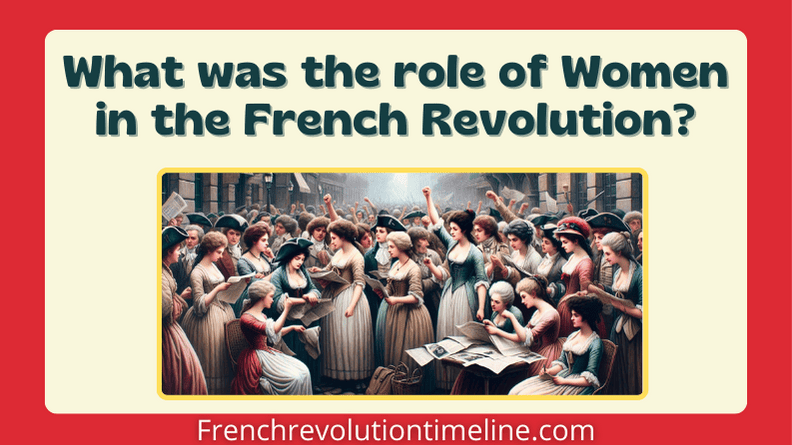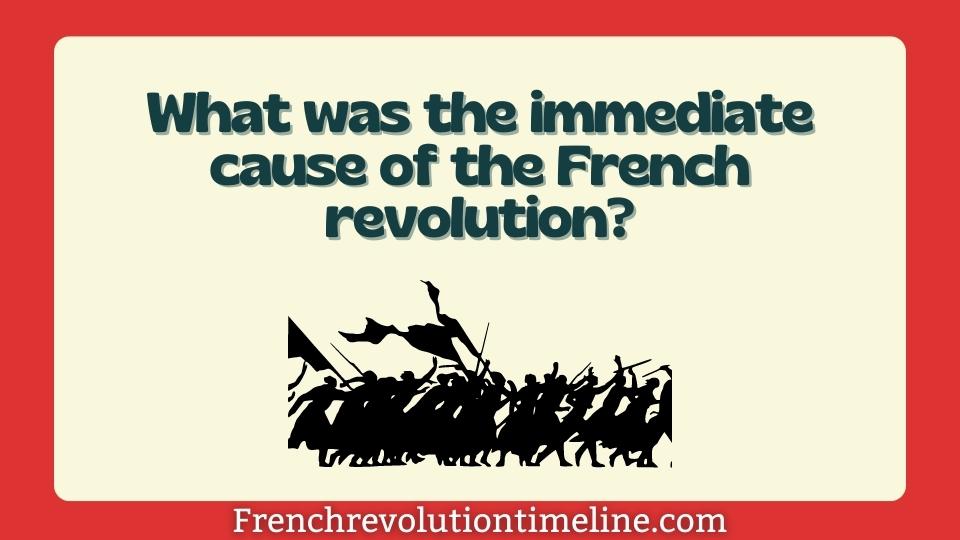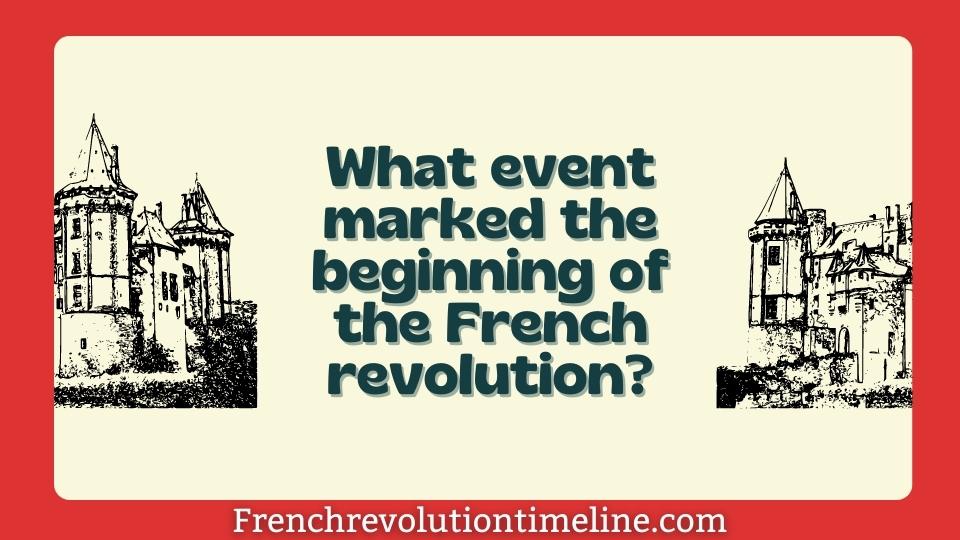“Liberté, égalitié, fraternité” was the well-known catchphrase of the French Revolution, which summed up liberty, equality, and fraternity as central ideas. Apart from that, Anti-clericalism, Civic virtue, Nationalism, Separation of powers, Constitutionalism, Sovereignty, and Representative democracy were the ideals derived during the timeline French Revolution.
Explanation of Each Ideals of the French Revolution
1. Liberty:
In the context of the 18th century, liberty primarily meant freedom from oppression and the ability to live how one pleased, within the bounds of the law. This was a radical concept at a time when most people lived under absolute monarchies where the ruler’s whims dictated their lives.
The background of the France people were subject to the arbitrary power of the king, who could impose whatever taxes he wanted, make laws without consulting parliament, and imprison or execute anyone who opposed him.
The revolutionaries were fighting for the right to self-determination. They wanted to make their own choices about how to live their lives without interference from the government or anyone else.
This ideal is reflected in the Declaration of the Rights of Man and of the Citizen, which guarantees certain freedoms to all French citizens. These include freedom of speech, freedom of religion, and freedom from arbitrary arrest and imprisonment. Liberty is an important value in many democracies today, and it continues to be a central goal of French politics.
2. Equality:
Equality means everyone should be treated equally, regardless of their social status or wealth. During the Ancien Regime, the France was a clear social hierarchy.
The nobility and clergy were at the top – enjoying a much higher standard of living, followed by the bourgeoisie, with peasants and notable role of Sans Culottes the labourers at the bottom – who made up most of the poor population.
This system was unfair and one-sided, and it was one of the things that the extremists wanted to change. They believed everyone should have equal rights and opportunities, regardless of social class.
Later, the concept of equality was enshrined in the Declaration of the Rights of Man and of the Citizen, which stated that “all men are born free and equal in rights.” This abolished the privileges enjoyed by the nobility and clergy, such as exemption from taxes, and created a new system of education which was open to all.
Equality is still a significant value in France today, although it has been interpreted differently over time.
3. Fraternity:
Fraternity is the principle of solidarity and unity among all people and is often seen as the ideal of brotherhood or camaraderie, and it means two things. Firstly, it meant that everyone should help each other in need and work together for the common good. Secondly, it meant that people of different social backgrounds should mix and interact as equals.
The concept of the fraternity was put into practice at the beginning of the French Revolution when poor Parisians banded together to defend their city from attacking nobles. It was also evident how the revolutionaries worked together to draft documents such as the Declaration of the Rights of Man and of the Citizen, which outlined their shared ideals.
This ideal led to developing schedules like the National Assembly, which aimed to bring people from all walks of life together to discuss and debate France’s issues. It also motivated the French to stand up for the rights of other oppressed groups worldwide, such as the enslaved people in Haiti.
The fraternity was also an essential part of the French Revolutionary slogan, “liberté, égalité, fraternité.” This phrase encapsulates the values of the Revolution: liberty, equality, and fraternity.
4. Anti-clericalism:
The Enlightenment heavily influenced the French Revolution, a philosophical movement emphasizing reason and individual rights. One of the main targets of the philosophes was the Catholic Church, which held a great deal of power and was opposed to this and fought for a separation of Church and state.
They believed that any religious group should not control the government and that everyone should be free to practice their religion.
This anti-clericalism manifested itself in several ways during the phases of French Revolution. The revolutionaries abolished many of the privileges enjoyed by the clergy, such as their exemption from taxes, and nationalized their property. They also passed laws that limited their power, such as banning them from teaching religion in schools.
The most extreme expression of anti-clericalism came during the Reign of Terror when several hundred priests were executed by guillotine. However, this period was short-lived, and the Church was later reinstated.
Even though the revolutionists opposed the Church, they still saw religion as a vital part of society. This is noticeable in their decision to maintain Sunday as a day of rest and support religious tolerance.
5. Civic virtue:
Civic virtue is the idea that citizens must contribute to their community and work for the common good.
The France, before the Revolution, most people in France were excluded from political life. The aristocracy had all the power, and ordinary citizens had no say in how the country was run.
The Revolution changed this by giving people a voice in government. It also encouraged them to get involved in other ways, such as by joining volunteer organizations or taking part in local affairs.
For example, they put this idea into practice by establishing new institutions such as the National Assembly, which allowed people from all walks of life to unite and debate the issues facing France. They also created a system of education open to all, regardless of their social status or wealth.
Engaging in civic life helps create a strong sense of community and makes society more cohesive. It also allows people to hold their government accountable and ensure it works in their best interests.
Civic virtue is still prized in France today, and many people take an active role in their communities.
6. Nationalism:
Nationalism is the belief that people should be loyal to their country and work together for its advancement. The French Revolution was partly fueled by nationalism when the people of France came together to overthrow the monarchy and wanted a government that would represent them.
The idea of nationalism became important in France even after the Revolution ended. For example, it was crucial in the country’s decision to remain neutral during World War II.
The concept of nationalism also motivated the French to support oppressed groups around the world, such as impacted the slaves in the Caribbean Sea. They believed that everyone deserved to be free, regardless of their nationality.
Today, nationalism is still a powerful force in politics, although it can also be dangerous. Nationalism was one of the leading causes of World War II, and it continues to be a source of conflict in many parts of the world.
7. Separation of powers
The French Revolution was inspired by the idea of the Separation of powers is the idea that the government should be split into several branches, each with its area of responsibility.
This system is designed to prevent any one branch from becoming too powerful. In France, the three main branches are:
- The executive (the President and their government) – responsible for carrying them out,
- The legislature (the National Assembly) – responsible for making laws,
- The judiciary (the court system) – responsible for interpreting them.
This Separation of powers was codified in the Constitution of 1791, which established France as a constitutional monarchy. However, it was later abandoned during the Reign of Terror, when the government became more centralized.
The idea of the Separation of powers was revived during the French Third Republic, which lasted from 1870 to 1940. This period saw a return to democracy and a greater emphasis on individual rights.
The Separation of powers – contribution of French revolution is still an integral ideal in France today and can be seen in how the country is governed. For example, the President is the head of state, while the Prime Minister is the head of government. This ensures that no one person has too much power.
8. Constitutionalism
Constitutionalism refers to the idea that the authority power should be limited by a set of laws or a constitution, typically by a written constitution.
This was a reaction to the absolute monarchy, where the king had unlimited power. The National Assembly wrote a constitution that limited the executive branch’s power and established clear rules for how the government could operate.
This document helped to lay the foundations for modern democracies and continues to influence political thought today. It also served as a model for other countries to write their constitutions.
9. Sovereignty:
The concept of sovereignty is closely related to constitutionalism. It refers to the idea that the people are the ultimate source of political power.
This principle was put into practice during the French Revolution for the first time. The National Assembly represented the sovereign people and had the authority to make decisions on behalf of the nation.
This was a radical departure from the previous system, where power rested with the monarchy. The new government was based on the people’s will, not divine right.
Sovereignty is an integral part of democracy, and it continues to be one of the core principles of French politics today.
Conclusion
The French Revolution was such an important event in history. It changed how people were ruled and set out some ideas about how society should be run that still matter today.
The ideals that emerged from the Revolution have gone on to have a lasting impact on the world.
But it was also one that proved difficult to achieve in practice. The reality of life in post-revolutionary France was often very different from the ideals of the Revolution, and many people continued to be treated unfairly or unequally.
While the French Revolution did not always live up to these ideals, it is still remembered as a time when people came together to fight for their rights and freedom. These ideals continue to inspire people all over the world who are fighting for a fairer and more just society.
Though over 200 years since the event occurred, the great French Revolution legacy continues to shape French society and politics today.
So, now you know what were the ideals of French Revolution and do you think these ideals are still relevant today? Why or why not? Leave a comment!




